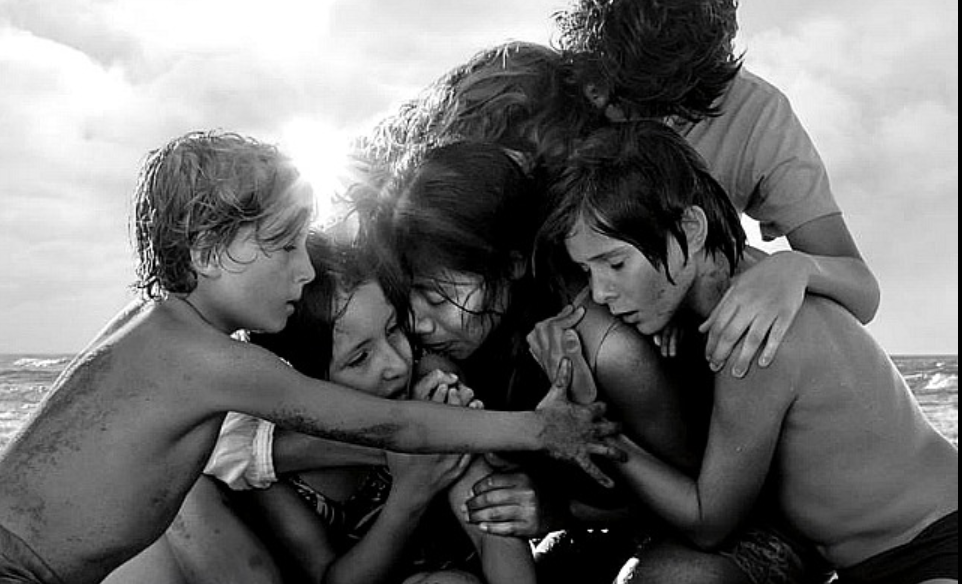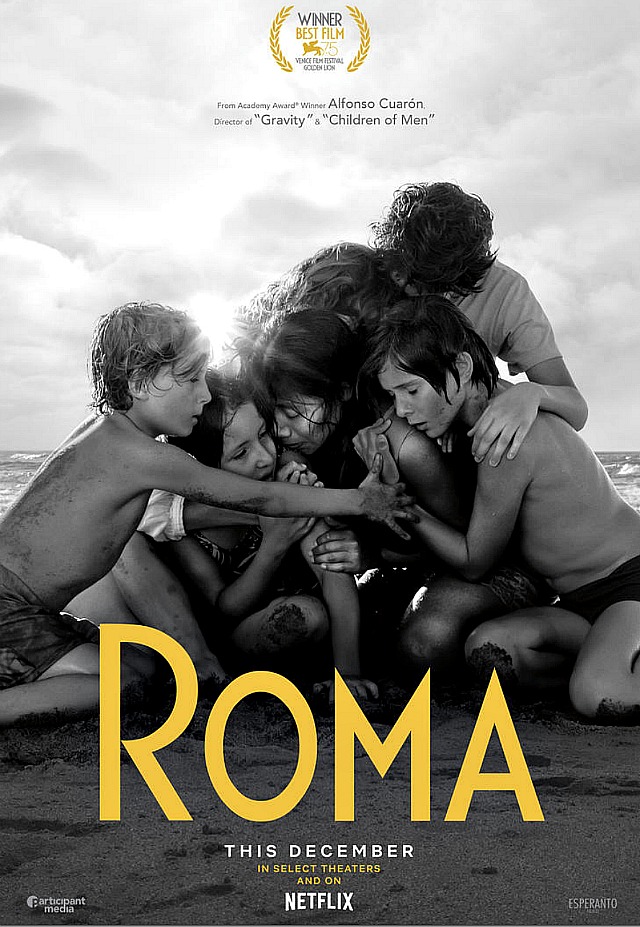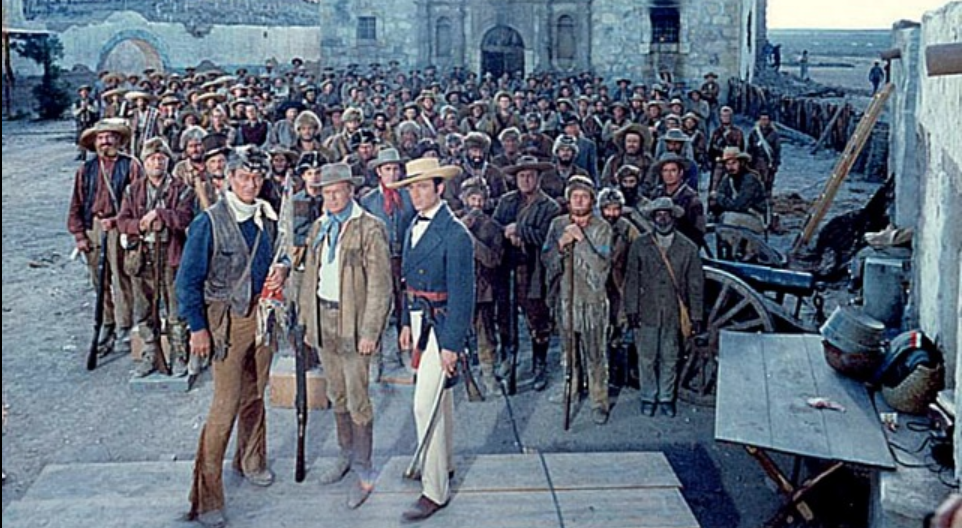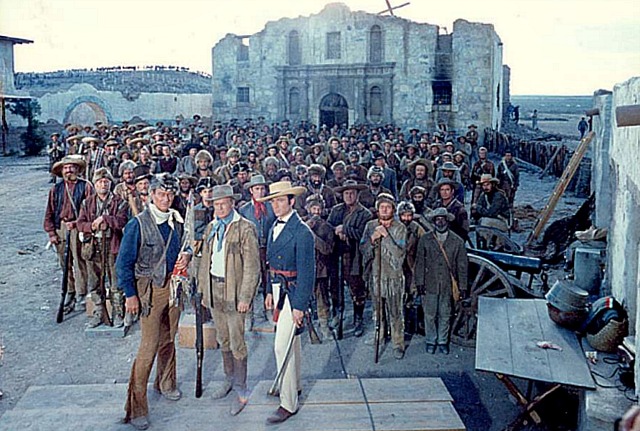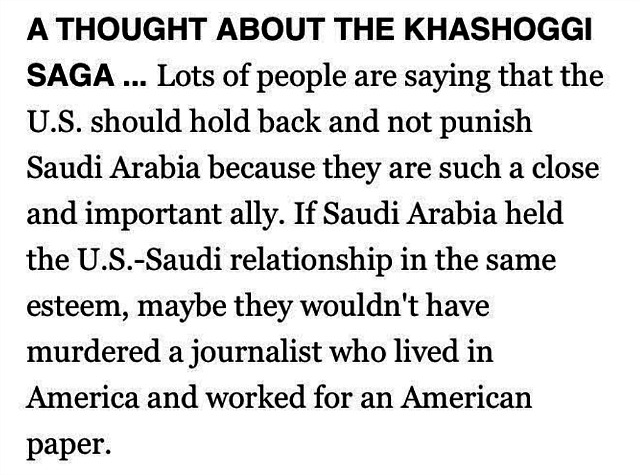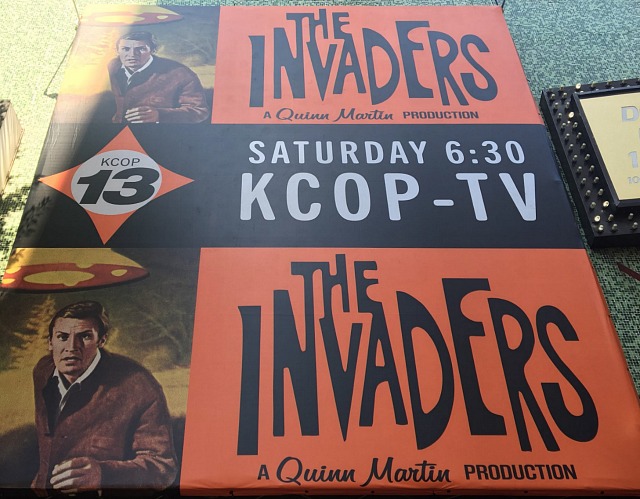Most film sites point to general audience enthusiasm (vigorous box-office, social-media mentions, what their friends are tweeting) and say “wow, isn’t this great? Let’s talk about this, get into it…commercial success is such a joyous and fascinating thing! And it brings a little money into our own pockets if we show the right kind of enthusiasm.”
Other sites say “okay but wait…this or that film isn’t very good…in fact it’s mostly a drag so who cares if the popcorn inhalers are paying to see it in sizable numbers? They’re lemmings, pigs at the trough, no taste.” Or “this film is so well done, so on-the-stick, so world-class….why is it limping along at the box-office?”
Same thing with Oscar prognostication. Four years ago I did a couple of podcast threesomes with Sasha Stone and Awards Watch‘s Eric Anderson, and Anderson had this pet theme that he kept repeating over and over, to wit: THEY (the Gold Derby and Gurus of Gold know-it-alls plus his own Awards Watch community) like this movie for Best Picture or this actor for Best Actress or whatever, and so the odds favor a win.
And I would say from time to time, “Okay, but this alleged Best Picture favorite isn’t very good or is actually pretty bad…why are we pointing out over and over that it’s highly ranked by the usual suspects, the award-season sheep? All they know is which way the wind is blowing. Except their sense of wind direction is nothing more sage than that of a local TV news weather guy. Yappity-yap-yap-yap-yappy.”
Anderson finally got sick of me and excused himself from all podcasts that I was part of, but I was right then and I’m right now. Listening to the go-alongs will sap your soul.
The thing to listen to now as we head into Halloween are the societal undercurrents and profound cultural weather patterns. “Popularity” among the baah-ing critics, prognosticators, guild and Academy members has obviously been a deciding factor in many if not most races, but never forget those surprising turnarounds. Never forget the Roman Polanski and Ronald Harwood Pianist wins and the look of quiet smiling terror on the face of Harvey Weinstein when it seemed as if the Best Picture Oscar for Chicago might not happen after all.
And never forget the gulf between Manohla Dargis’ rave review of A Star Is Born and last night ‘s tweet by Jonathan Katz.





